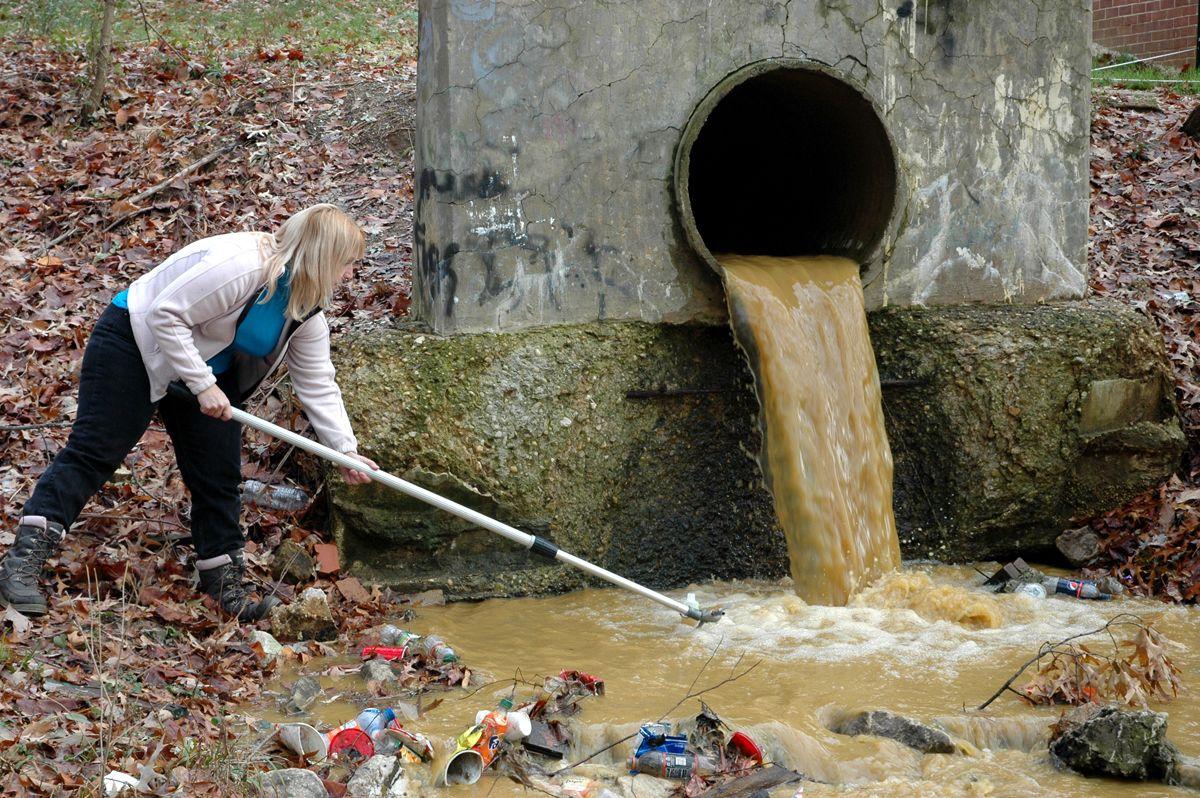Sewage cleanups are essential tasks undertaken to mitigate the environmental impact of spills and leaks from wastewater systems. However, as sewage spills occur more frequently, they pose significant environmental concerns. Addressing these concerns promptly is crucial to safeguarding ecosystems and public health.
Causes of Sewage Spills
Sewage spills can result from various factors, including aging infrastructure, human error, and extreme weather events. Over time, deteriorating pipes and outdated sewage systems increase the risk of leaks and breaks. Additionally, errors during maintenance or construction activities can lead to accidental spills. Moreover, heavy rainfall and flooding can overwhelm sewage systems, causing them to overflow and discharge untreated wastewater into water bodies.
Environmental Impact of Sewage Spills
The environmental impact of sewage spills is extensive and multifaceted. Contaminants present in sewage, such as pathogens, nutrients, and toxic chemicals, can pollute water sources, posing risks to aquatic life and human health. Aquatic ecosystems suffer from reduced oxygen levels and increased nutrient levels, leading to algal blooms and fish kills. Furthermore, pathogens in sewage can spread diseases among wildlife and humans, compromising public health.
Challenges in Sewage Cleanup
Efficient sewage cleanup faces various challenges, including accessibility to affected areas, proper disposal of contaminated materials, and cost considerations. Spills in remote or inaccessible locations may delay response efforts, allowing pollutants to spread and exacerbate environmental damage. Moreover, the proper disposal of sewage-contaminated materials requires adherence to strict regulations and guidelines. Additionally, sewage cleanup operations can be expensive, especially when extensive remediation is required.
Solutions and Prevention Strategies
To address sewage spills and prevent environmental harm, proactive measures are necessary. These include regular maintenance of sewage systems, upgrades to aging infrastructure, development of emergency response plans, and public awareness campaigns. By investing in preventive measures and fostering collaboration among stakeholders, communities can mitigate the risks associated with sewage spills and safeguard the environment.
Case Studies
Recent sewage spill incidents highlight the importance of effective cleanup efforts and collaboration between stakeholders. Successful cleanup operations have relied on prompt response, coordination among agencies, and innovative technologies. However, these cases also underscore the need for continued vigilance and investment in sewage infrastructure to prevent future spills.
Regulatory Framework
Environmental regulations play a crucial role in governing sewage cleanup and pollution prevention. Government agencies are responsible for enforcing regulations, monitoring compliance, and imposing penalties on violators. By adhering to environmental laws and regulations, communities can minimize the environmental impact of sewage spills and ensure the responsible management of wastewater systems.
Future Outlook
Advancements in sewage cleanup technology hold promise for improving response capabilities and reducing environmental damage. Collaborative efforts between government agencies, private sector entities, and community organizations are essential for addressing the root causes of sewage spills and promoting long-term sustainability. By prioritizing investment in sewage infrastructure and embracing innovative solutions, communities can mitigate the environmental risks associated with wastewater management.
FAQs
Q: How can sewage spills affect the environment?
A: Sewage spills can contaminate water sources, harm aquatic life, and pose risks to public health by spreading pathogens and toxic chemicals.
Q: What should I do if I encounter a sewage spill?
A: If you encounter a sewage spill, avoid contact with the contaminated area and report it to the appropriate authorities immediately to initiate cleanup efforts.
Q: Who is responsible for cleaning up sewage spills?
A: The responsibility for cleaning up sewage spills typically falls on government agencies, utility companies, or property owners, depending on the location and cause of the spill.
Q: Are there any health risks associated with sewage cleanup?
A: Yes, sewage cleanup poses health risks due to exposure to pathogens and toxic substances present in sewage. Proper safety precautions, such as wearing protective gear, are essential when handling sewage-contaminated materials.
Q: How can individuals contribute to preventing sewage spills?
A: Individuals can contribute to preventing sewage spills by practicing water conservation, properly disposing of household waste, and reporting any signs of sewage system malfunction to authorities.
Conclusion
Sewage cleanups are critical to addressing environmental concerns and protecting ecosystems from the harmful effects of wastewater pollution. By implementing preventive measures, investing in infrastructure upgrades, and fostering collaboration among stakeholders, communities can minimize the impact of sewage spills and ensure the sustainable management of wastewater systems.






